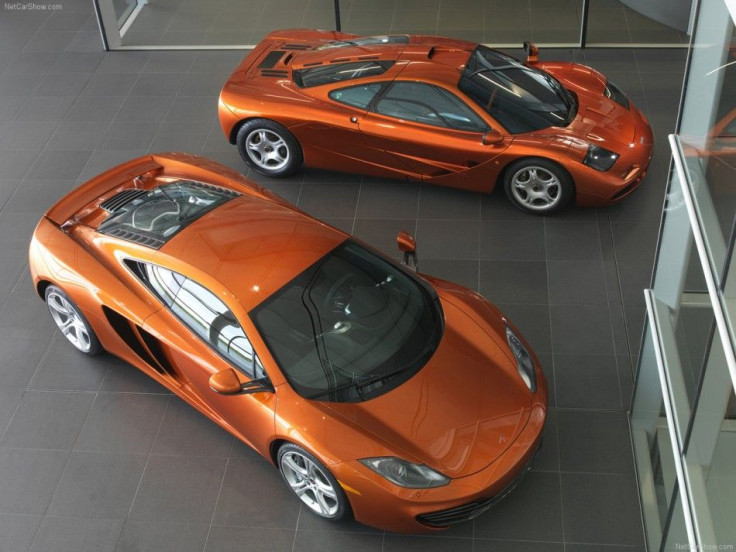
When British teams started to contest the mighty Scuderia Ferrari in Formula 1, Enzo Ferrari infamously responded, "Aerodynamics are for people who can't build engines."
If any team could make Enzo Ferrari eat his shoe, it would be Team McLaren Racing, one of the most successful teams of modern Formula 1.
Later this year, McLaren Automotive will finally reveal the highly anticipated successor to the McLaren F1 supercar. First produced nearly 20 years ago, the original McLaren supercar featured a BMW developed 6.1 liter V12 engine producing 618-hp, enough thrust to launch the McLaren F1 from 0-to-60 in as low as 3.2 seconds and all the way to a top speed exceeding 241 mph, making it one of the fastest production vehicle in the world. The McLaren F1 was so capable, in fact, it once set a record of 0-100-0 mph in just 11.5 seconds.
Rather than replicate the recipe of the original McLaren F1 for the next-generation flagship, McLaren believes that the V12 engine is no longer relevant. According to McLaren managing director Antony Sheriff, "The V12 is a thing of the past. The engine belongs in a museum."
As demonstrated in the MP4-12C sports car, McLaren believes that a modern turbocharged V8 engine is not only capable of similar performance as a V12, but also be more compact, more simple with less moving parts, weigh less, and provide the sports car with improved handling performance.
Details on McLaren's next flagship supercar is limited but sources claim that the next McLaren will feature a twin-turbocharged V8 mated to a hybrid-drive system to provide a whole new level of performance.
Sheriff believes the V8 engine will play a huge role in McLaren Automotive's future product offerings. What's more, a V6 unit is on the table as well.
While many makes are reluctant to accept supercars can have small displacements and small cylinder counts, Antony Sheriff and McLaren Automotive are not alone in challenging the supercar status quo. Last month, the new Jaguar C-X75 supercar boasted a radical dual force-induction 1.6 liter four-cylinder powerplant capable of producing 500-hp.
So, are the British marques McLaren and Jaguar set to define a new era of supercars? Does the V12 deserve to retire? Share your thoughts in the comment section below!
[Source: MotorAuthority]




